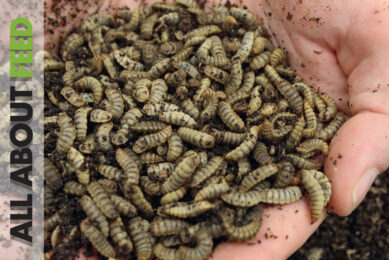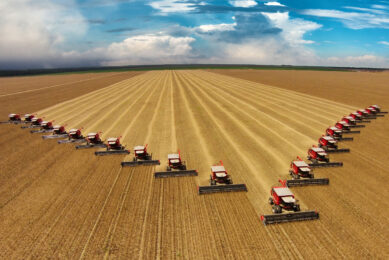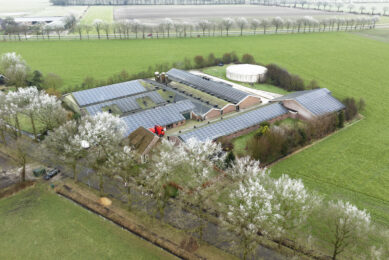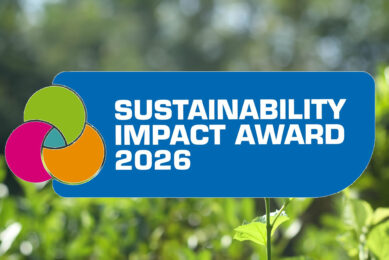More than just one revolution
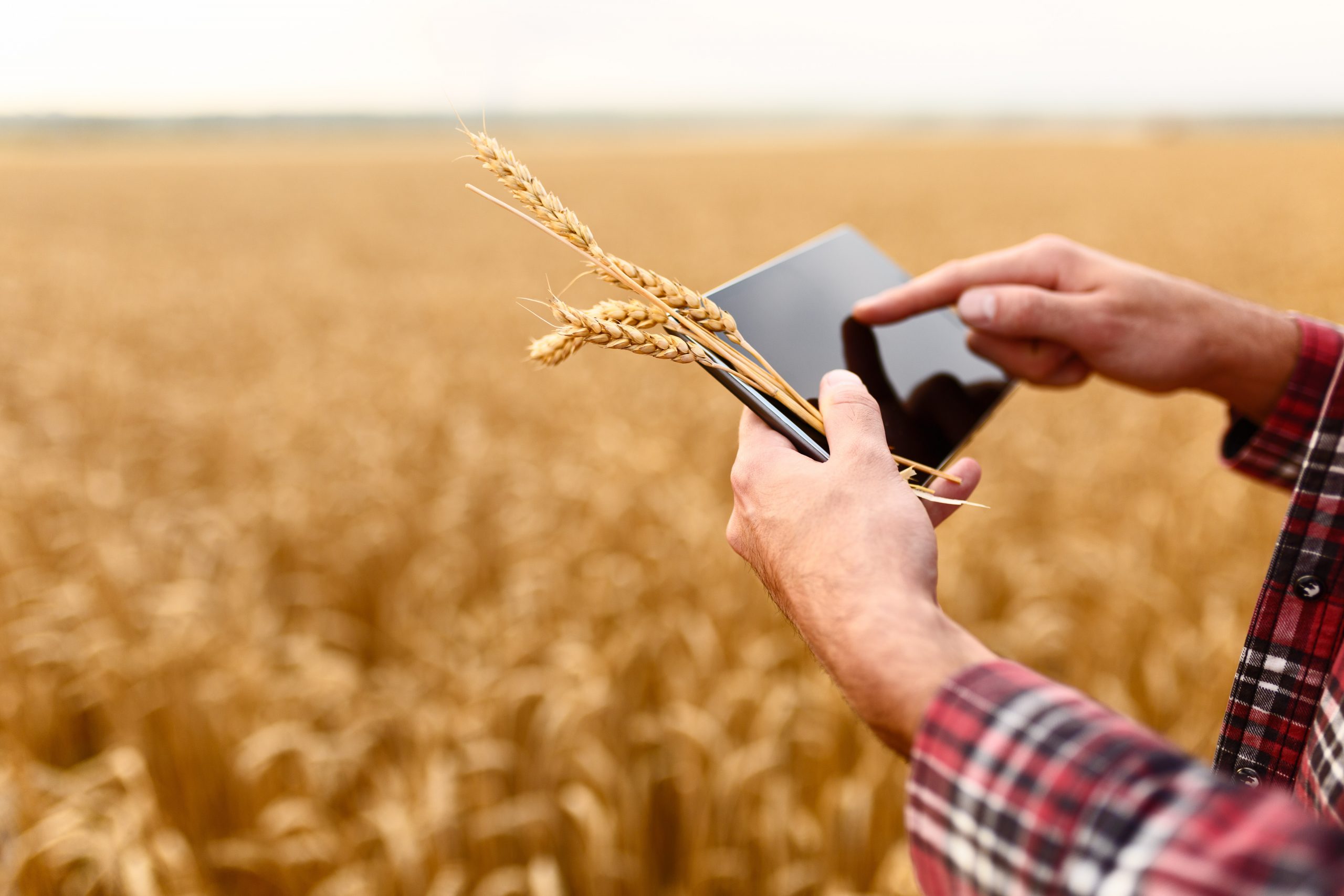
I have heard it quite a lot recently; people in the agricultural industry who say that we are at the beginning of a real ‘revolution’ in the global agribusiness. But what do they mean?
A revolution is something intense and a disruption of the current situation. So when I think of revolution, I think of the French revolution (1789-1799) for example. Or pictures of large armies on horses on their way to conquer a big city or large fleets of ships on their way to establish new worlds and new kingdoms. The latter might be the result of watching many episodes of the popular TV drama Game of Thrones though. Because revolution is often associated with violence, some people prefer to use the term ‘transition’ for the agricultural industry. This indeed sounds more friendly, but the term revolution might still be better suited.
Revolution in agriculture
But what does a ‘revolution in agriculture’ entail as people seem to have different definitions. Actually there are different revolutions taking place at the same time. Many speak about the ‘protein revolution’, meaning that we move away from traditional protein feed sources such as soy and fishmeal and move to more sustainable options. This revolution can be witnessed already. The use of insect meal and algae have moved from the lab to the field.
Technology, green and vegetarian revolution
Other people talk about the ‘technology revolution’. The use of drones, robotics, internet of things and data solutions will revolutionise the way we produce crops and animal protein. Also some talk about the ‘green revolution’ (sustainability as an integral part of all businesses) or the ‘blue revolution’ (growth of aquaculture) as being the real game changers and revolutionising the way we use planet earth to feed its inhabitants. At the same time, we see a ‘vegetarian revolution’, as people in some parts of the world move away from eating meat. All these revolutions are happening at the same time and are often very much related. For example: people move away from meat, but start to eat more fish, and the sector needs to become more efficient and sustainable, then technology comes in.
Modern history
Although the French revolution was rough and full of violence, it profoundly altered the course of ‘modern history’. I am sure the different agricultural revolutions that we see today will be much more peaceful and will shape what we call ‘modern agriculture’. We are not at the beginning of an agricultural revolution, we are right in the middle of it.




